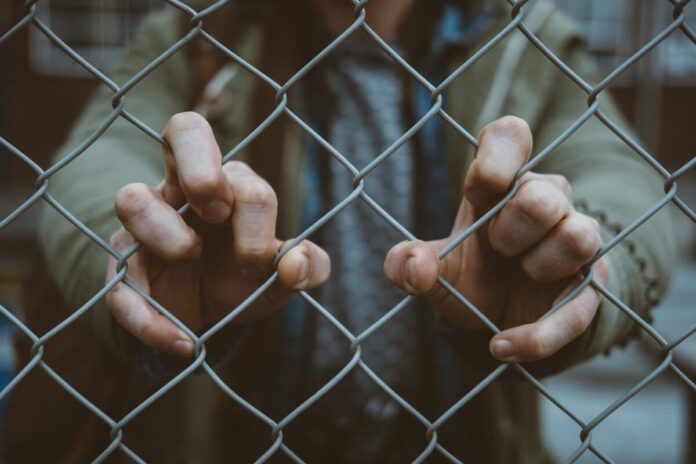
A bill proposing legalized online casinos in Wyoming has failed to move out of a House committee.
HB 162, submitted by Rep. Robert Davis, did not receive the required support at the Joint Travel, Recreation, Wildlife & Cultural Resources Committee earlier this week.
Rep. Cathay Connelly tabled a motion to proceed with the bill, but no committee member seconded it, and the legislative session ended without action.
The now dormant bill aimed to legalize and regulate online casino-style gambling in the Equality State. The proposed legislation included poker, blackjack, and other casino games.
Key Features of HB 162 – What the Bill Proposed
The Wyoming Gaming Commission would have had the remit for regulation and enforcement, and the proposed tax rate on revenue was 16%.
Of the proposed tax revenue, $300,000 would have been allocated to county health programs for problem gambling prevention and treatment. The remainder would have been split by counties (based on population), the school foundation program, and the Gaming Commission to cover administrative costs.
The bill had quirks, such as a ban on playing mobile casinos from any physical location designed specifically for a patron to “physically visit to place a wager.” The bill also clarified that the location is where the patron is participating, not where the host server is based.
This point was likely added to appease the Wyoming tribes, which currently operate the only brick-and-mortar casinos in the State. The bill has faced opposition from the tribes, and the common fear of revenue cannibalization was discussed at the House debate.
One of the main arguments for legalizing online casinos in Wyoming was the existing black market activity. The pro-regulation lobby argued that permitting online casinos would generate tax revenue for the state and give players greater protections.
Why Did HB 162 Fail? Key Challenges and Opposition
HB 142 proposed hefty fines for unlicensed gambling operations in the state. The first offence would have resulted in a $50,000 fine, with subsequent offences resulting in a $100,000 charge. In addition, facilitating gambling for underage players or running an unauthorized gambling location would have resulted in a $25,000 fine for the first offense and $50,000 for subsequent offenses.
In addition, the pro-legalization lobby pointed to Spectrum Gaming’s report, which suggested that online casinos could generate between $93 million and $138 million in revenue during the first year, potentially doubling within five years. It suggested that the state was set to gain up to $40 million in tax revenue per annum.
With the Wyoming legislative session coming to a close in just four weeks, online casinos will not reach the Equality State anytime soon. The proposed timeline for HB 142 would have seen an early 2026 launch, so even if a new bill in later legislative sessions makes it through, it’ll be a while before the people of Wyoming can play on a mobile casino.







